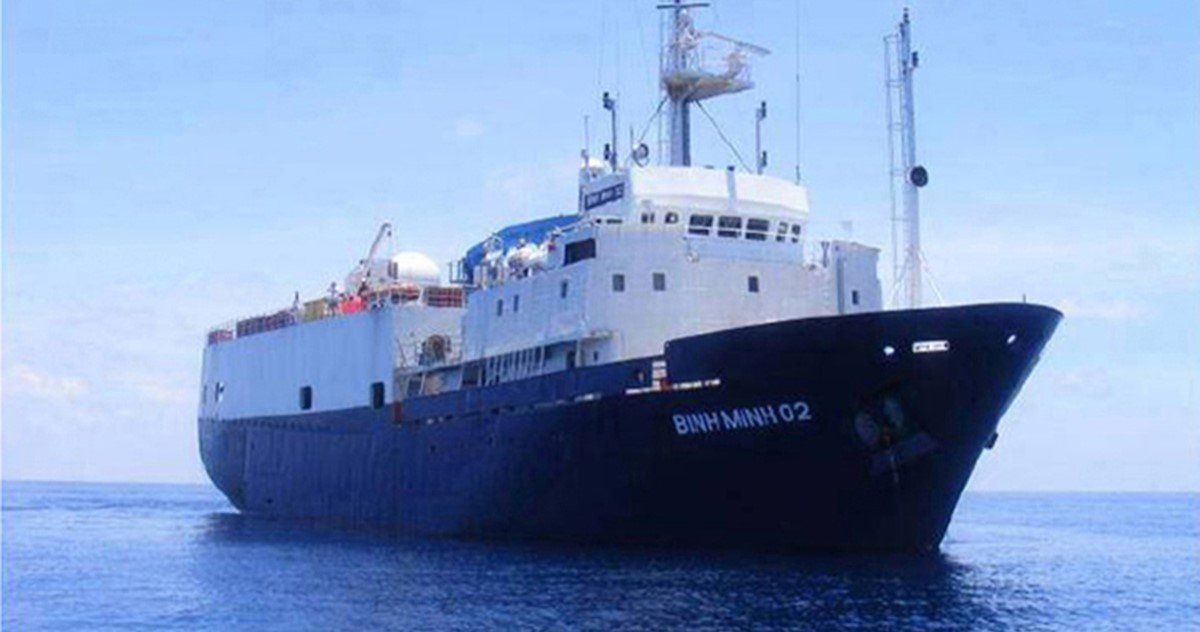The cargo ship went by several names, including Hong Tai, and was supported by Chinese funding, Taiwanese officials said.
China has become increasingly antagonistic toward Taiwan under President Xi Jinping, who last year referred to reunification with the mainland as “inevitable.” But rather than invade and take Taiwan by force – which would likely provoke a response from the US – China routinely engages in these kinds of gray zone tactics. These “impose both physical and psychological pressure onto Taiwan to try to test the limits of Taiwan’s military and its coast guard resources,” says Eurasia Group’s Ava Shen. Tuesday’s incident “undermines Taiwan’s resilience in its critical infrastructure and also drains Taiwan’s resources as it rushes to fix these cut cables,” she adds.
The US offers significant military support to Taiwan, though President Donald Trump has urged the island to commit more of its budget to defense spending.
Was it sabotage? Not necessarily. Ship anchors can accidentally sever undersea cables, especially if they’re worn, and a Taiwanese official urged caution about jumping to conclusions.
“We’re not ruling out the possibility that [the vessel] was engaged in an act of sabotage,” Taiwanese Coast Guard spokesperson Ou Yu-fei told the New York Times. “We go by the evidence. It’s too early to reach conclusions.”
